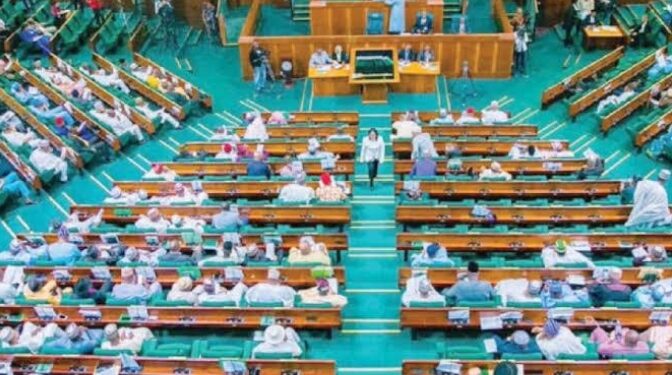In a groundbreaking move, sixty members of the House of Representatives have embarked on a mission to propel Nigeria towards a parliamentary system by 2031.
This transformational journey aims to revolutionize the country’s political framework and enhance governance effectiveness.
Reflecting on Nigeria’s historical trajectory, Abdulsamad Dasuki (PDP-Sokoto), the group’s spokesperson, underlined the wisdom of the nation’s founders in embracing the parliamentary model.
He highlighted the need for a system where truth, justice, and citizen welfare prevail, advocating for a return to the roots of governance.
Citing the flaws of the current presidential system, Dasuki emphasized its exorbitant cost and the concentration of power in the executive branch.
He lamented the system’s failure to optimally harness resources for critical sectors like infrastructure, education, and healthcare, hindering national development.
Wale Raji (APC-Lagos) echoed the sentiments, stressing the imperative of transitioning to a more accountable and responsive governance structure.
He emphasised that the shift towards a parliamentary system is not merely a short-term endeavour but a visionary step towards sustainable governance reform.
The presentation of these bills marks the initiation of a nationwide conversation on Nigeria’s governance future.
It aims to stimulate inclusive debates, engage stakeholders, and foster informed decision-making processes.
The goal is to cultivate a robust framework that prioritizes the interests and aspirations of all Nigerians.
While the journey towards parliamentary governance may extend beyond the current administration, the resolve of these lawmakers remains resolute.
Their commitment to reducing governance costs and enhancing accountability sets a precedent for future legislative endeavours.
History will remember this initiative as a pivotal moment in Nigeria’s democratic evolution.











